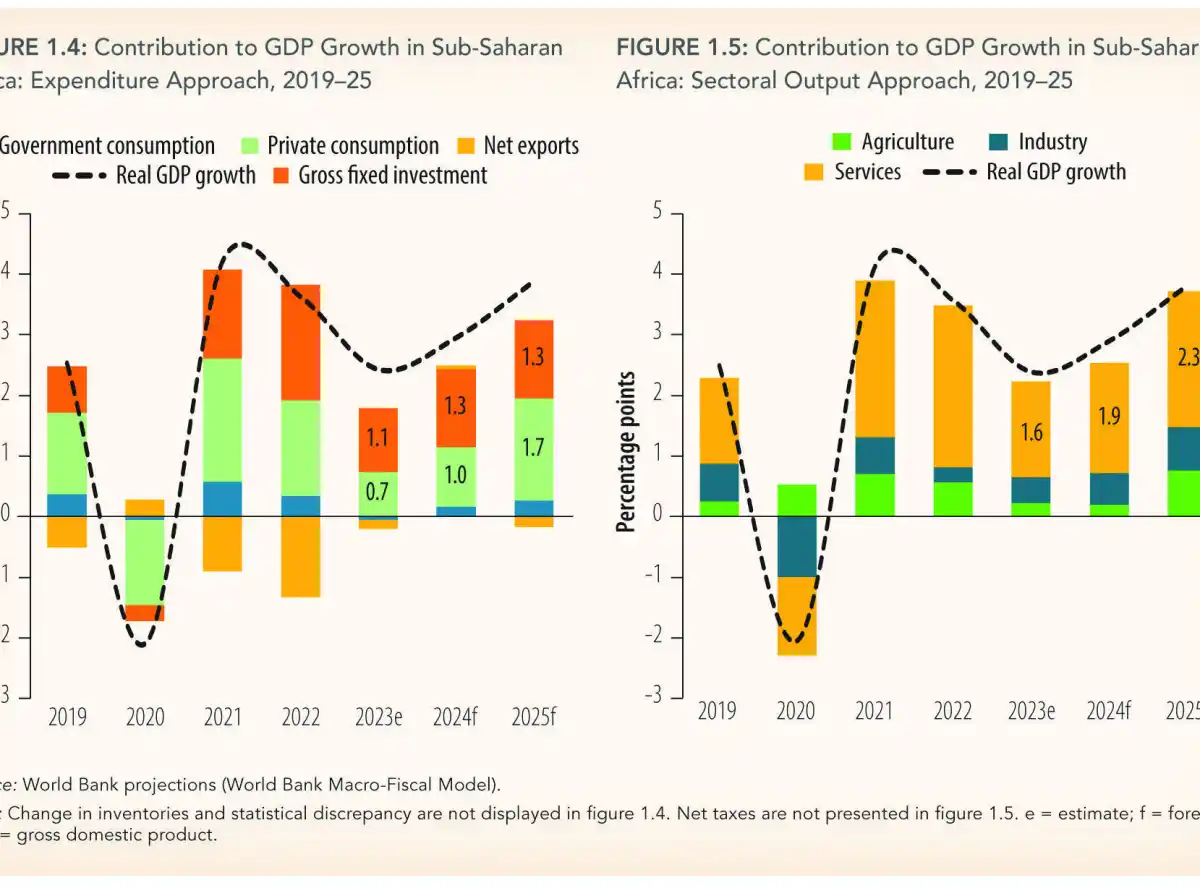
The World Bank has revised downwards its economic growth forecast for the sub-Saharan region to three percent from the earlier 3.4 percent projection.
The projection is contained in Africa’s Pulse—the Bretton Woods’ bi-annual publication—where the global lender has also challenged countries including Malawi to focus on getting macroeconomic policies right.
“This involves implementing fiscal policies that support growth-enhancing public investments, lift the poor and disadvantaged, and boost spending efficiency,” says the statement issued yesterday.
It comes amid growing calls among local economic commentators for prudence in public finance management in the country.
It also comes amid growing concerns of rising public debt, which has been on a rise in recent years, exerting pressure on the public purse.
According to the World Bank, reforming the fiscal compact and reducing the debt burden are paramount, requiring greater transparency, credibility, discipline, and accountability of fiscal policy makers.
It says public disclosure of medium-term fiscal frameworks (including an assessment of announced tax and expenditure measures), debt management strategies, and borrowing plans is critical.
“Achieving sustained and inclusive growth will require fiscal policies that put a premium on efficiency and equity. Progressive taxation (including effective collection of property taxes) and provision of public services (particularly spending on education and health for the disadvantaged) are among the different choices to achieve efficient and equitable outcomes,” it says.
In an earlier interview, local economic think-tank, the Economics Association of Malawi President Bertha Chikadza reiterated a call for transparency on public funds management, challenging the Treasury to ensure that government agencies are operating within set expenditure ceilings.
The fiscal space has been under intense pressure due to high expenditure needs amid low public revenue collection.
For instance, of the K5.98 trillion 2024-25 budget, grants are estimated at K1.17 trillion, of which K1.10 trillion will come from international organisations and K72.69 billion from foreign governments.
Total expenditure for the 2024-2025 fiscal year is programmed at K5.98 trillion, representing 31.9 percent of GDP.
Of the total expenditure, recurrent expenses are estimated at K4.21 trillion, representing 22.5 percent of gross domestic product and 70.4 percent of total expenditure. Development expenditure is estimated at K1.77 trillion, of which K1.39 trillion is for foreign financed projects and K383.6 billion is for domestic financed projects.








0 Comments